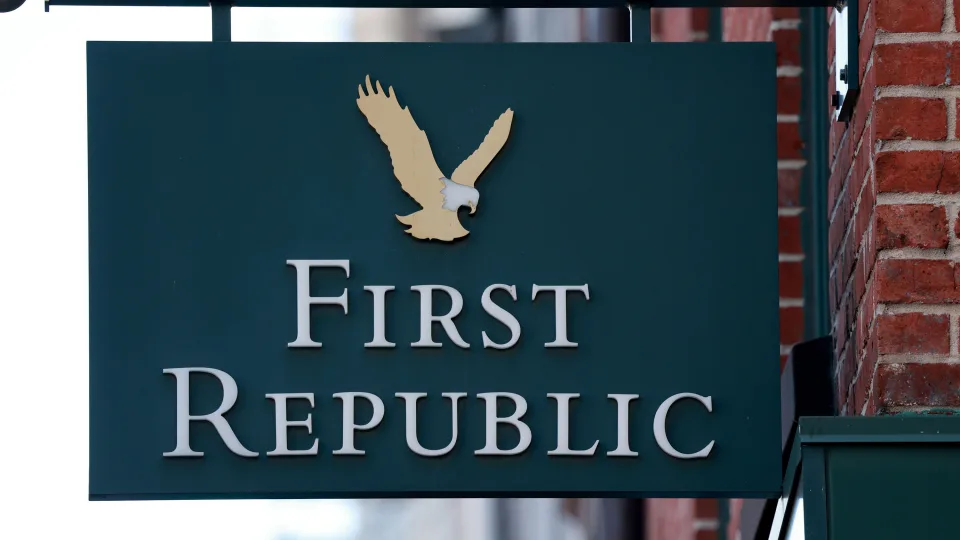The banking turmoil of 2023 arrived in small-town America on Friday night when a tiny four-branch bank in Kansas failed, becoming the fourth lender to be seized by regulators this year and the fifth to fold altogether.
The Heartland Tri-State Bank, of Elkhart, Kan., is the smallest to go under in 2023 by far. It had $139 million in assets when it went down Friday, according to the Federal Deposit Insurance Corporation.
The other banks that failed thus far this year all had assets of more than $100 billion, including Silicon Valley Bank and Signature Bank.
The biggest was First Republic, which had $229 billion when it was seized by regulators in May, becoming the second-largest bank failure in US history.
The failures of Silicon Valley Bank and Signature Bank in March were the third- and fourth-biggest ever. Silvergate agreed in March to shut itself down voluntarily.
‘An isolated event’
It is not yet entirely clear why Heartland went down. The Kansas Office of the State Banking Commissioner said in a release that Bank Commissioner David Herndon “determined that Heartland Tri-State Bank was insolvent” and that it “became insolvent due to an isolated event.”
“Overall, the Kansas banking industry is unaffected by this event and Kansas banks remain strong,” the release stated.
Heartland is one of thousands of small community banks that serve local areas across the US. Most banks in this country are more like Heartland than they are like industry giant JPMorgan Chase, which has thousands of branches and more than $3 trillion in assets.
Heartland’s headquarters city of Elkhart has a population of less than 2,000 people, according to 2021 US Census records, and is located in the southwest corner of the state.
Elkhart was among the many towns in that part of the country struck by “Dust Bowl” storms in the 1930s.
Another community bank in that state — Dream First Bank, of Syracuse, Kan. — agreed to assume all of Heartland Tri-State’s deposits and purchase “essentially all” of the failed bank’s assets, according to the FDIC.
The FDIC agreed to share future losses on loans purchased by Dream First. It estimates this failure will cost the FDIC’s Deposit Insurance Fund $54.2 million.
DreamFirst had $480 million in assets as of March 31, making it the 1,515th-largest in the US.
Its founding dates to 1906, and it said on its web site that it played “a key role in growing the community and bringing the dairy industry to southwest Kansas.”

